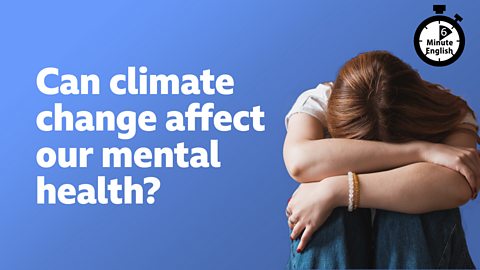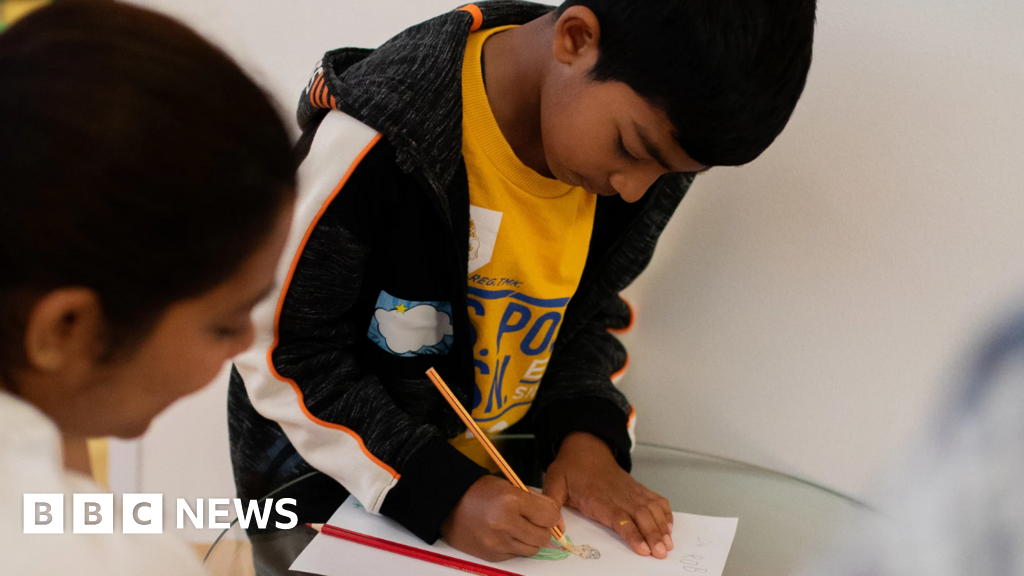Climate Anxiety: How a Changing Planet Impacts Your Mental Wellbeing in the Philippines

The headlines are relentless: rising sea levels, extreme weather events, and a planet in crisis. While the physical impacts of climate change are well-documented, a lesser-discussed consequence is its profound effect on our mental health. In the Philippines, a nation particularly vulnerable to climate-related disasters, this issue is becoming increasingly urgent. From typhoons and floods to droughts and rising temperatures, Filipinos are facing a new reality of climate trauma, and it’s vital we understand how to address it.
Understanding Climate Trauma and Anxiety
Climate trauma refers to the deeply distressing and long-lasting emotional effects resulting from experiencing or witnessing climate-related events. It’s more than just feeling sad or worried; it's a complex reaction that can manifest as anxiety, depression, post-traumatic stress disorder (PTSD), grief, and a sense of helplessness. The constant threat of disasters, the displacement of communities, and the loss of livelihoods all contribute to this trauma. Furthermore, 'climate anxiety' – a chronic fear of environmental doom – is growing, particularly among younger generations who are inheriting a planet facing unprecedented challenges.
The Philippines: A Nation on the Frontlines
The Philippines is consistently ranked among the most vulnerable countries to climate change. The archipelago's geography makes it susceptible to typhoons, flooding, and rising sea levels. Recent years have seen increasingly frequent and intense storms, causing widespread devastation and displacement. For many Filipinos, climate change isn't a distant threat; it's a daily reality. The psychological toll of repeatedly experiencing these events can be substantial.
Signs and Symptoms to Watch For
Recognizing the signs of climate trauma and anxiety is the first step towards seeking help. These can include:
- Persistent worry and fear: Constant thoughts about the future of the planet and its impact on your life.
- Feelings of helplessness and despair: A sense that there's nothing you can do to make a difference.
- Anxiety attacks: Sudden episodes of intense fear and physical symptoms like rapid heart rate and shortness of breath.
- Sleep disturbances: Difficulty falling asleep or staying asleep due to worrying thoughts.
- Changes in appetite and energy levels: Feeling constantly tired or losing interest in activities you once enjoyed.
- Increased irritability and anger: Feeling easily frustrated or angry, particularly when discussing environmental issues.
Coping Strategies and Seeking Support
While the challenges are significant, there are ways to cope with climate trauma and anxiety. Here are some strategies:
- Acknowledge your feelings: Don’t dismiss your concerns; allow yourself to feel and process your emotions.
- Limit exposure to negative news: While staying informed is important, constant exposure to distressing news can exacerbate anxiety.
- Connect with others: Talk to friends, family, or a therapist about how you're feeling. Joining environmental groups can also provide a sense of community and purpose.
- Take action: Engaging in activities that address climate change, such as reducing your carbon footprint, advocating for policy changes, or volunteering for environmental organizations, can help you feel more empowered.
- Practice self-care: Prioritize activities that promote your wellbeing, such as exercise, meditation, and spending time in nature.
- Seek professional help: If you're struggling to cope, don't hesitate to seek help from a mental health professional.
Moving Forward: Building Resilience in the Philippines
Addressing the mental health impacts of climate change in the Philippines requires a multi-faceted approach. This includes increasing awareness of climate trauma, providing access to mental health services, and building community resilience. Government agencies, NGOs, and mental health professionals must work together to support those affected by climate-related disasters and to promote mental wellbeing in a changing world. Ultimately, fostering a sense of hope and agency is crucial for navigating the challenges ahead and building a more sustainable future for all Filipinos.


![Boardmasters Loss: [Artist Name] Withdraws from 2025 Lineup and Cancels Remaining Shows, Prioritising Mental Health](https://i2-prod.bristolpost.co.uk/incoming/article10265412.ece/ALTERNATES/s1200/0_GMP_DCM_100824Boardmasters_054JPG.jpg)



